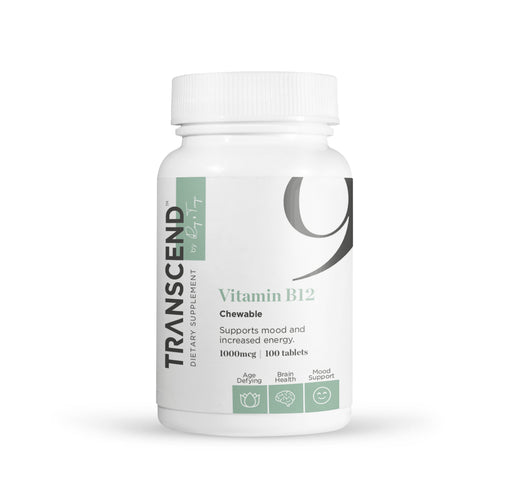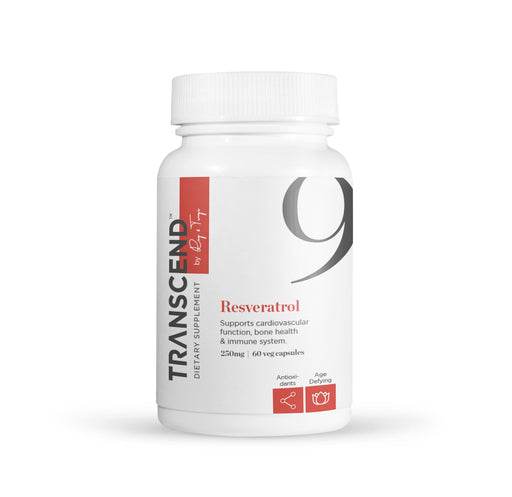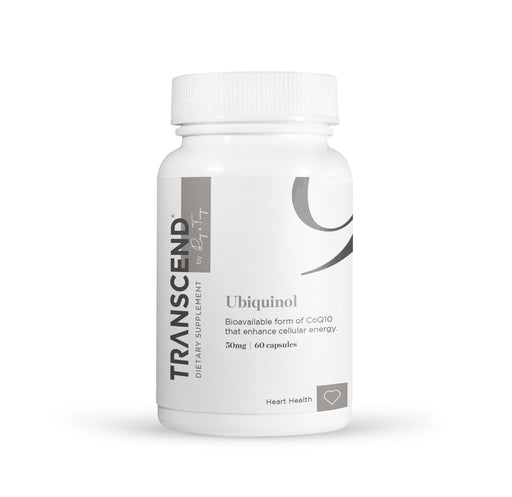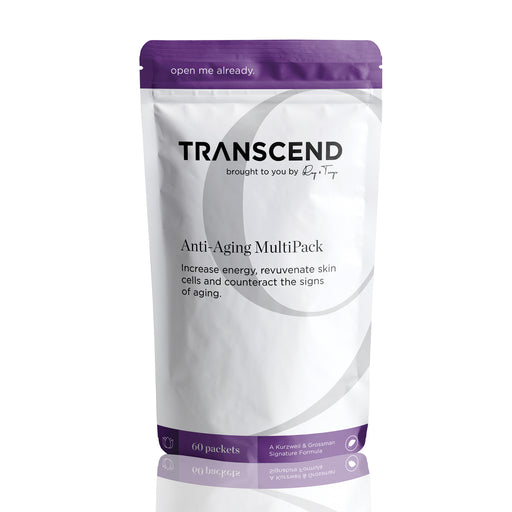
Vitamin B-12, Sublingual
Increased energy Improve mood Fight fatigue Common deficiency Better absorption Vitamin B12 (also called cobalamin) is one of eight water-solu...
View full details
Everyone wants to keep up with diet trends, but do they lead to healthy lifestyles? Finding accurate, reliable information about diet fads can be confusing. While some diets may help with initial weight loss, they are not always sustainable in the long run and can leave our bodies in a state of nutrient deprivation.
It’s important to do an occasional personal nutrition and health check to see if you are meeting your health goals.
What can you do to make healthier choices for a better, longer life?
Drinking sugar isn’t the same as eating it. Our brains don’t measure liquid calories the same as solid food, so pop and other sugary drinks - including fruit juices - can be more fattening than you might expect.
The cold-pressed juice diet may be popular, but it’s not without controversy. Like any juice, cold-pressed juices are very high in sugar, which means they aren’t the healthiest choice. Too much sugar — refined or natural — can be dangerous due to its association with obesity, type 2 diabetes, heart diseases, and others.
Avoiding junk food may be obvious, but since it’s both readily available and often the cheapest option, many people still consume it far too much of it.
Junk food triggers the pleasure centers in our brains, which means that the sense of instant gratification it gives us tricks us into overeating. The issue isn't only overeating, though; junk food is also full of empty calories. Processed foods are low in fiber, protein, and micronutrients, but they are high in unhealthy ingredients like refined sugar and grains.
Research indicates that an increased intake of processed foods can lead to an increased risk of cardiovascular diseases and contribute to higher cholesterol levels, which can lead to heart attack and stroke.
Good health isn’t just about diet — healthy habits are important too. Do you typically spend time on your phone before bedtime? It turns out that the bright light of a phone’s screen impedes the production of serotonin, the sleep hormone, and can disrupt healthy sleep patterns.
Rather than waste calories on foods that can lead to diseases and obesity, choose healthier alternatives that keep you satisfied and healthy.
Many recent diet trends require cutting carbs to lose weight. However, restricting carbs can lead to vitamin and mineral deficiencies that can also result in bone loss and gastrointestinal disturbances in the long run.
Fiber
Fiber is often overlooked, but it’s an essential component of a healthy diet and well-functioning body. Studies have shown that 95% of adults in the U.S. don’t get enough fiber in their daily diet, but fiber can help you digest healthy carbs while still managing your weight. Incorporating more fiber and protein is a great way to reduce belly fat, which can be harmful if too much fat accumulates around your organs.
Fiber fuels for your gut bacteria and plays a big part in maintaining good gut health. If you think you may be lacking fiber, add some beans - any kind - into your diet!
Nuts
Nuts are a great source of healthy fats, magnesium, Vitamin E, fiber, and protein. The protein in nuts keeps you satisfied and full, which is why they’re linked to healthy weight loss. A study shows that almonds can increase weight loss by 62% compared to complex carbs. On top of this, nuts may also be linked to fighting heart disease and Type 2 Diabetes.
Fatty Fish
Fatty fish like salmon are excellent sources of protein and are full of Omega-3 fatty acids. Studies show that people who eat more fish may have a lower risk of several conditions including heart disease, dementia, and depression.
Combine nuts and fish with this delicious Nutty Salmon recipe!
Coffee
Believe it or not, black coffee can have quite a few health benefits. Our bodies like foods that are high in antioxidants, and luckily for the majority of the population, coffee falls into that category. Black coffee has been linked to longevity, reduced risk of Type 2 Diabetes, Parkinson’s and Alzheimer’s, among others.
No matter how much you exercise, you can’t outrun a bad diet. We all need occasional reminders to get back on track with our healthy lifestyle. To stay on track with your nutrition and overall health goals, refer back to Step 4: Nutrition, in the 9 Steps of TRANSCEND.

Increased energy Improve mood Fight fatigue Common deficiency Better absorption Vitamin B12 (also called cobalamin) is one of eight water-solu...
View full details
Combat internal aging Protect cells from radiation damage Increase antioxidant capacity Take with lecithin for better absorption Optimal dose for...
View full details
2022 update: Future batches of this product will use a Ubiquinol product that is a greenish capsule rather than a red softgel Bioavailable form o...
View full details
2022 update: to maintain the same dose of Phosphatidylcholine you are accustomed to, we are moving back to the 420mg in 2 softgels! 2022 update: ...
View full details
Leave a comment